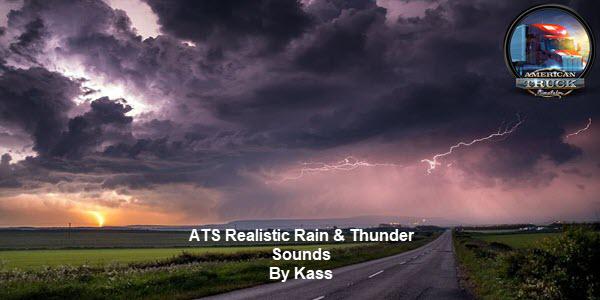

AM/FM airplay would introduce him to new fans who might not be heavy digital music consumers, or go to shows by acts they haven’t heard on the radio. Now that he has flipped his fortunes, Jinks is promoting it with a fairly light hand. “We couldn’t afford to push a single,” Jinks says, reflecting on his economic status when he wrote the song circa 2014. The song’s delayed release to radio says as much about Jinks’ expanding business muscle as it says about radio’s altered role. “Loud and Heavy” is the best-performing title in a fulsome catalog that has generated four top five sets on Billboard‘s Country Albums, three of which reached No. Underscoring his market impact, Jinks is headlining amphitheaters this summer - again, without radio’s backing - and he provided immediate support for Luke Combs on a five-artist bill July 23 at Ohio Stadium in Columbus. “Loud and Heavy” tallied at least 90 million streams annually in 2019-2021, and with 52.5 million streams through July 22, the song is on pace to net another 94.4 million this year. After generating 570,000 streams in its first year, its consumption climbed annually for the next five years, peaking at 105.2 million streams in 2020. Included on the 2015 album The Adobe Sessions, the track has amassed 436.5 million on-demand streams, according to Luminate, under a long-tail growth pattern.


Indeed, “Loud and Heavy” has aged quite well. “A good song is never dated,” Jinks reasons. That attitude set up an outlaw challenge from one of country’s edgiest artists. Cody Jinks’ latest single - “Loud and Heavy,” released by the artist’s Late August label to terrestrial stations on July 1 through PlayMPE - is a 7.5-year-old title that has already been certified platinum by the RIAA without any significant broadcast assistance. Country radio has repositioned itself in recent years as the finisher for country hits.įormerly the medium where new music earned its greatest initial exposure, the genre’s programmers admittedly prefer to let songs validate themselves in other quarters - primarily at Spotify, YouTube, Shazam and Pandora - before they safely add titles that are already proven.


 0 kommentar(er)
0 kommentar(er)
